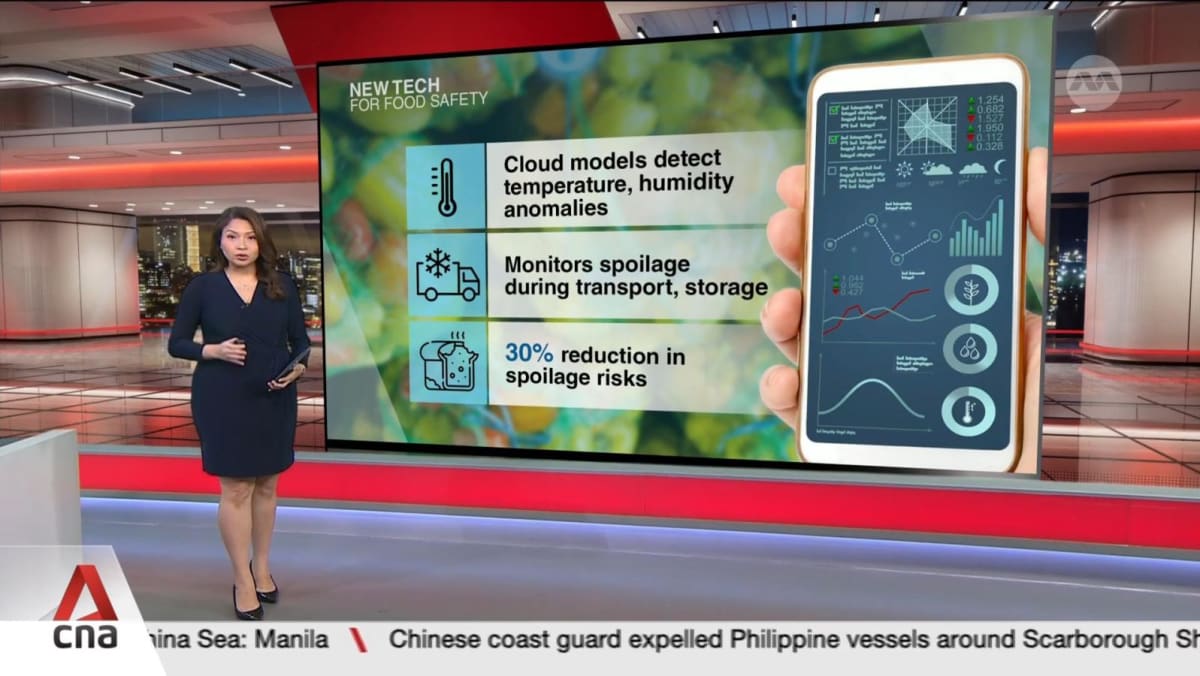Africa's Electric Revolution: Groundbreaking Project to Transform EV Batteries & Power Sustainable Transport

Africa is poised to leapfrog traditional automotive technology with the launch of Project StamiNa, a continent-wide initiative aiming to revolutionize electric vehicle (EV) batteries and fundamentally reshape the future of transportation across the region. Backed by Swansea University, this ambitious project goes far beyond simply improving battery technology; it seeks to create a holistic ecosystem that addresses the unique challenges and opportunities presented by the African landscape.
Beyond Technological Advancements: A Holistic Approach
While advancements in battery chemistry and energy density are crucial, Project StamiNa recognizes that a successful EV transition in Africa requires a more comprehensive strategy. This means considering factors like resource availability, local manufacturing capabilities, grid infrastructure, and the specific needs of African communities. The project aims to establish a sustainable and resilient EV battery supply chain within Africa, reducing reliance on imports and fostering local economic growth.
Key Focus Areas of Project StamiNa
- Raw Material Sourcing: Africa is rich in the minerals crucial for battery production, such as lithium, cobalt, and manganese. Project StamiNa will focus on ethical and sustainable sourcing practices, ensuring responsible mining and minimizing environmental impact.
- Local Manufacturing: The project envisions establishing battery manufacturing facilities across Africa, creating jobs and stimulating local economies. This will involve transferring technology and expertise to African engineers and technicians.
- Battery Recycling & Second-Life Applications: A critical component of sustainability is responsible battery end-of-life management. Project StamiNa will explore innovative recycling techniques and identify opportunities for repurposing used batteries in applications like energy storage systems.
- Grid Integration: The project will investigate how EV batteries can be integrated into the electricity grid, providing grid stabilization services and supporting the deployment of renewable energy sources.
- Addressing Unique African Challenges: Project StamiNa recognizes that EVs in Africa often face challenges like limited charging infrastructure and unreliable power supply. The project will explore solutions like mobile charging units, off-grid charging stations powered by solar energy, and battery swapping technologies.
Swansea University's Role & Expertise
Swansea University brings significant expertise in battery technology, materials science, and sustainable energy to the project. Researchers from the university will collaborate with African partners to develop and test new battery technologies, optimize manufacturing processes, and assess the environmental and economic impacts of the project. Their involvement provides a crucial link to global best practices and cutting-edge research.
Impact & Future Outlook
Project StamiNa has the potential to be a game-changer for the African automotive industry and the broader energy sector. By creating a localized EV battery ecosystem, the project can reduce transportation costs, improve air quality, and create new economic opportunities. The success of this initiative could serve as a model for other developing regions seeking to transition to sustainable transportation. With strong backing from Swansea University and a clear focus on addressing local needs, Project StamiNa is paving the way for a cleaner, more sustainable, and economically vibrant future for Africa.






